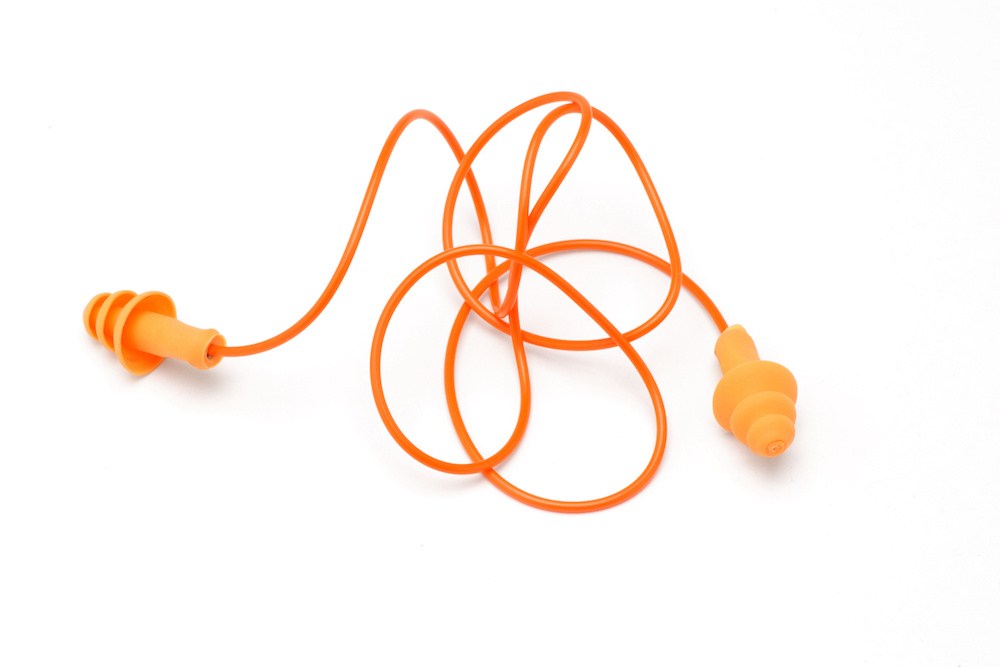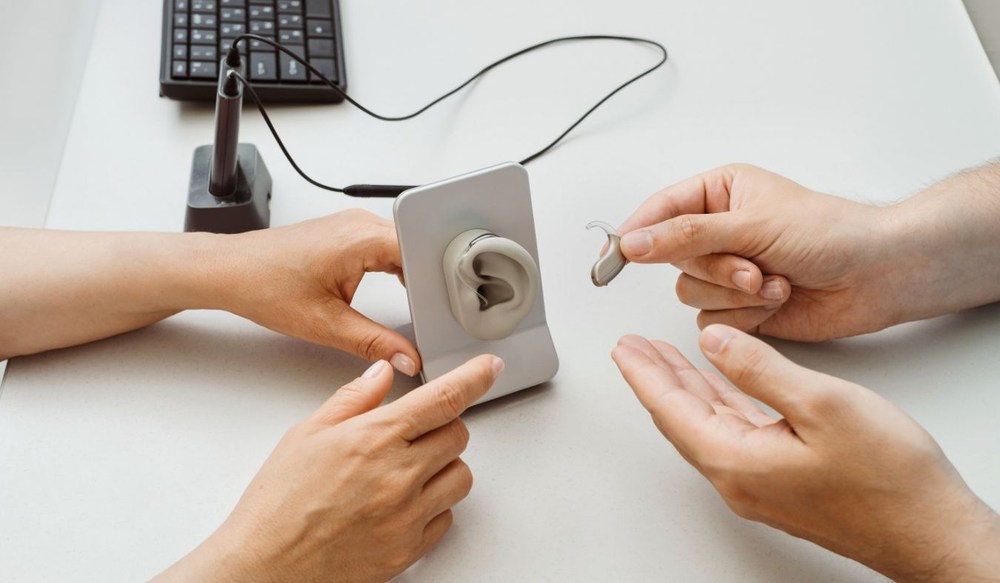It probably seems like a simple thing to care for your hearing aids. When you first got your hearing aids, you probably got a set of care instructions, after all. With regard to regular hearing aid maintenance, most hearing specialists will give you a step-by-step instruction tutorial. But it’s very likely that you might forget some of that information that you got all at once. So you might still have questions like, how often should I clean my hearing aid? Or, how frequently should I get my hearing aid serviced? How can I make my hearing aids last as long as I can?
These five, easy-to-follow tips can help give you some answers, as well as easy ways to help in maintaining your hearing aids so they work better longer.
Tip #1: Try not to let your hearing aids get wet
Moisture and electronics don’t really jive. Hearing aids are somewhat water resistant but aren’t at all waterproof, so they need to be kept as dry as possible. Beyond the obvious, this means you need to do things like the following:
- Find a cool and dry spot to store your hearing aids when you’re not wearing them. Knowing the best way to store your hearing aids can be a bit of a challenge for lots of people. Well, don’t, for instance, keep them in your bathroom (which gets really steamy at least once a day). It also helps to store them in the same spot every day so you aren’t wondering where they went. Also, cats like to play with hearing aids and dogs will sometimes attempt to eat them, so don’t just leave them lying around.
- When you’re wearing your hearing aids, don’t use hair care products. That is, remove your hearing aids before utilizing a lot of hair spray or hair gel. These types of products can really gunk up your devices.
- When it’s humid outside, run a dehumidifier. Even indoors, high humidity means your hearing aids may be more moist more often. And that dampness can compromise the delicate electronics inside. Prolonging hearing aid life may mean keeping that dehumidifier running.
Tip #2: Keep the earwax filters nice and clean
The human body naturally generates earwax in a healthy way. It’s also something that hearing aid makers recognize is going to happen. Consequently, most hearing aids are designed to deal with a moderate amount of earwax.
It’s up to you to be sure there’s not too much earwax on your hearing aids. So make swapping out your wax guard, when necessary, a regular part of your cleaning schedule. Depending on which model hearing aid you have, you can get specialized little tools for this and we can help you with that.
How frequently should wax guards be swapped? Well, for most models, it will be around once every month or so.
Tip #3: Keep your batteries charged and fresh
Your batteries keep your hearing aids working. The healthier your hearing aid batteries are, the longer your device will last. The following are a few tips for battery care:
- When you’re not using your hearing aids, don’t forget to turn them off. This just kills the battery for, well, no good reason. And that means your hearing aids could quit working when you least want them to.
- Keep all of the contact points on the battery dry and clean. If they are dirty or wet, you can use a clean, dry cloth to wipe them. This is yet another place in your device where moisture is the enemy.
- Invest in a rechargeable hearing aid or a battery charger: That way, you won’t be chucking batteries (and money) away over and over again.
Tip #4: Wash your hands before handling your hearing aids
Your hearing aids are going to spend most of their time in your ears. But they don’t get there on their own. Your hands (which you need to handle your hearing aids) could be covered in all kinds of offending substances. By design, hearing aids are really delicate and likely won’t do well with things like crumbs.
Generally, you should only handle your hearing aids with clean hands. So give your hands a quick clean before you need to take them out and handle them.
Tip #5 Keep us in the loop
You may presume that you won’t require any assistance from us once you’ve purchased your hearing aids. But… this isn’t typically true. Here are some very good reasons why scheduling routine appointments with us is still important.:
- Keep track of the status of your hearing loss (making sure it’s not advancing faster than expected).
- To help make sure your devices fit well.
- To clean and maintain your hearing aids.
What should you do when something breaks?
Sometimes, something could go wrong (maybe you accidentally step on them) despite your best effort. When this takes place, you should contact us as quickly as possible.
If your device requires any repairs, or you need to get a new one, we can help with that.
Want to speak with us about your next set of hearing aids? Make an appointment today!



